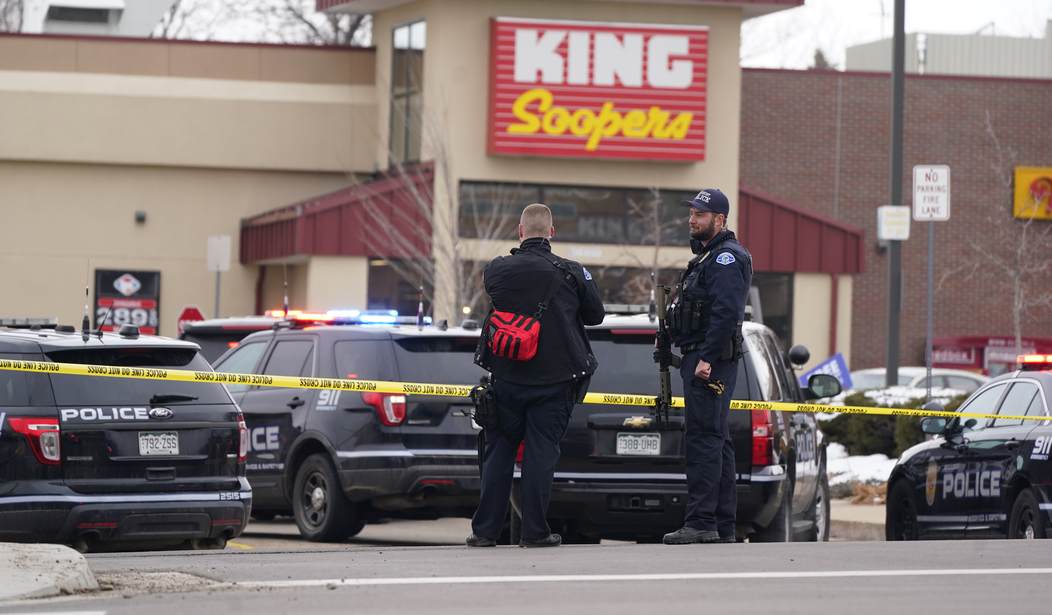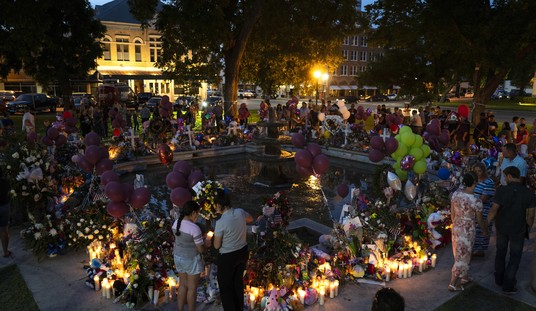Let’s be honest, 2021 isn’t really shaping up to be the best year ever for proponents of red flag laws. I mean, while they are probably still popular, two high-profile mass shootings by people with a history of mental illness and in states with red flag laws illustrate that such measures really aren’t the answer people were promised they’d be.
However, if you have to give gun-grabbers credit for anything, it’s their persistence.
Now, they’re pushing for a failed policy that simply doesn’t work as advertised.
Colorado is among the most recent of 19 states to have enacted red flag laws. Connecticut was first, in 1999. Since then, the data has been mixed on whether the laws have prevented suicides and inconclusive on their power to curb mass shootings. The Connecticut law did not prevent the 2012 mass shooting at Sandy Hook Elementary School in Newtown, for instance, though proponents usually point to the laws as one tool for preventing shootings, not one that’s 100% effective.
But law enforcement officials who support the laws say they have clearly saved lives. A study published in 2019 looked at 21 cases in California in which extreme risk protection orders were granted from 2016 to 2018, and found that as of August 2019 none of the subjects of these orders had committed a murder or suicide, though it’s impossible to prove the orders prevented such outcomes.
The red flag law hadn’t been invoked in Colorado, the site of some of the nation’s most infamous mass shootings, in connection with the suspect accused of killing 10 people in a Boulder grocery store in March.
In Indiana, where a former FedEx employee shot and killed eight people at an Indianapolis facility before killing himself in April, prosecutors did not seek a court hearing under that state’s red flag law last year after the suspect’s mother reported to police that her son was suicidal.
See, this is the problem. We can show clear cases where the laws are on the books and they didn’t stop mass shootings. Meanwhile, the supporting evidence for the laws working is a study that looked at a whopping 21 people who, as it turned out, didn’t kill anyone or themselves?
Holy crap.
First, a study that only looks at 21 people, regardless of the outcome, isn’t a study you should take seriously. That’s too small a sample side to have any statistical meaning. It’s interesting, though, that it was only 21 people despite California being the most populated state in the nation and one awfully fond of using its red flag laws.
In fact, it almost sounds like the cases were cherry-picked, though it’s much more likely to a random sampling of just 21 people would end up with the same results. After all, these laws tend to be overused with people who don’t actually represent a threat, then ignored with people are have serious issues.
What proponents fail to understand, though, is that these laws do nothing to address the underlying problems. Those same problems, I might add, can drive someone to simply use a different method of hurting themselves or others. Pretending the gun is the problem doesn’t make the real problem go away.
The truth is, we can now point to two mass shootings in recent weeks where red flag laws turned out to be an absolute failure. There are countless suicides where the same could be said.
And we’re still supposed to just ignore our due process concerns simply because proponents say so?
Nah. I don’t think so.








Join the conversation as a VIP Member